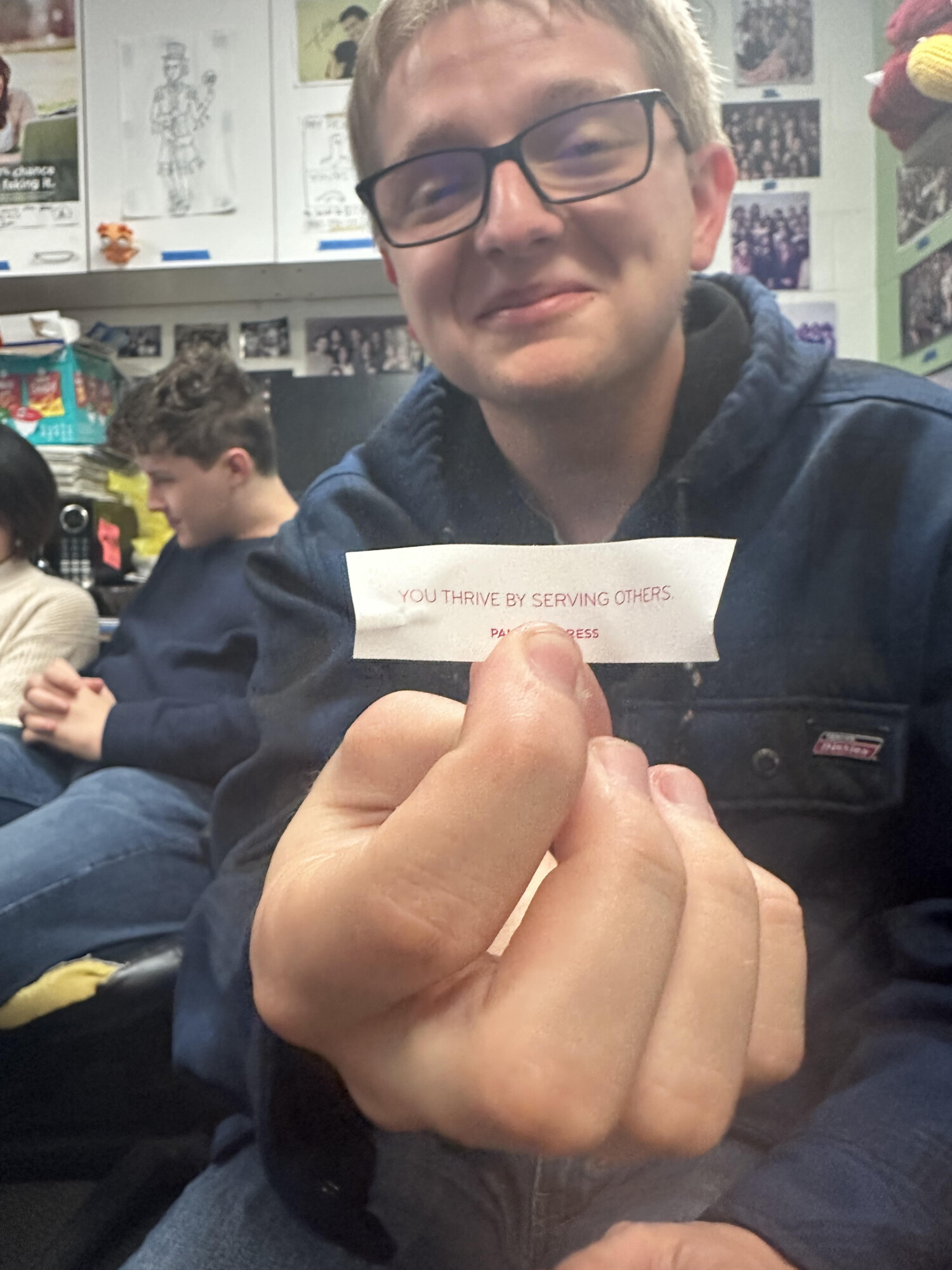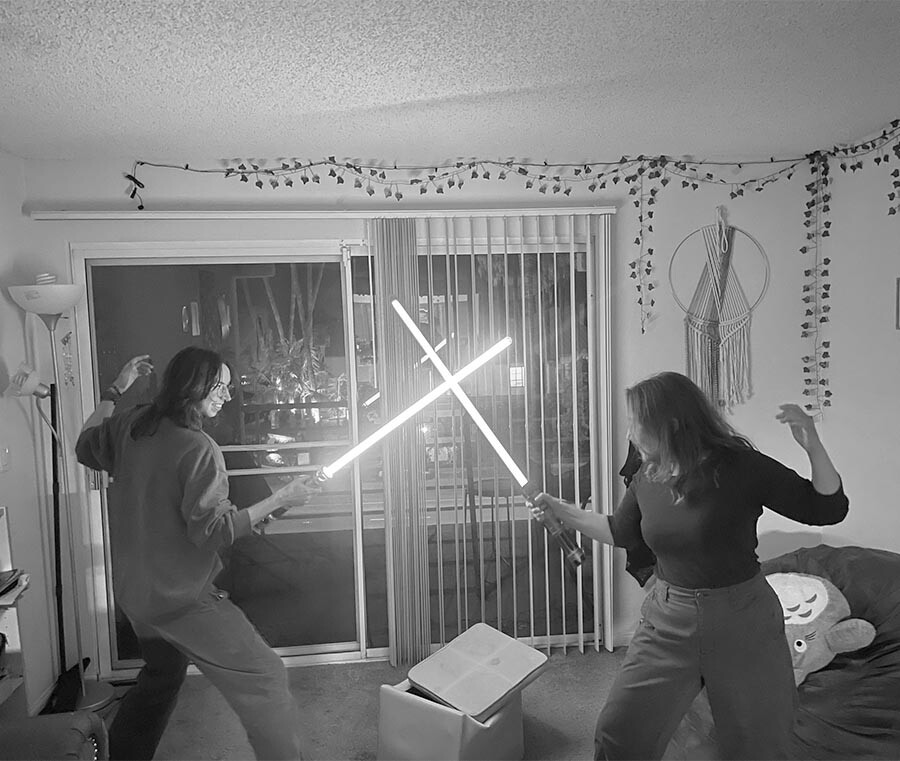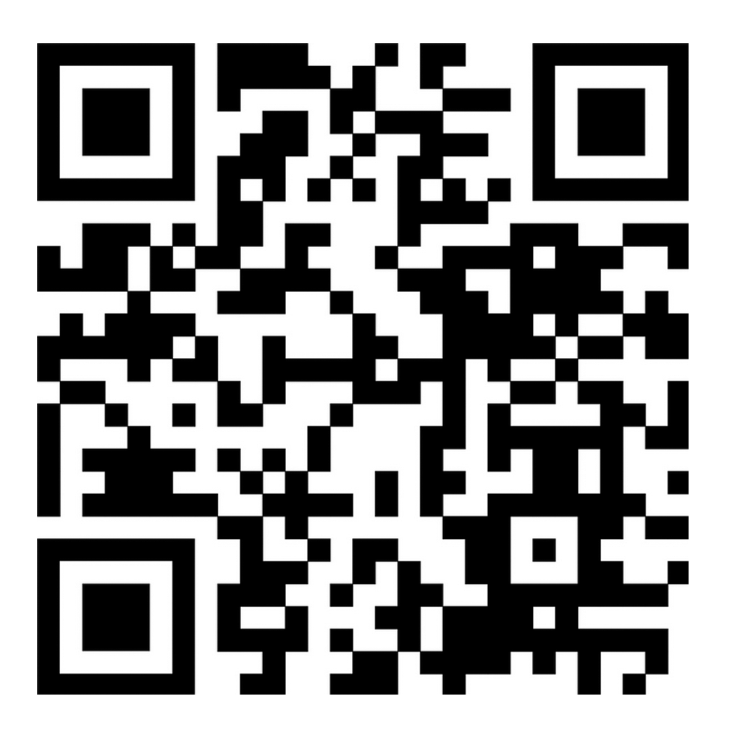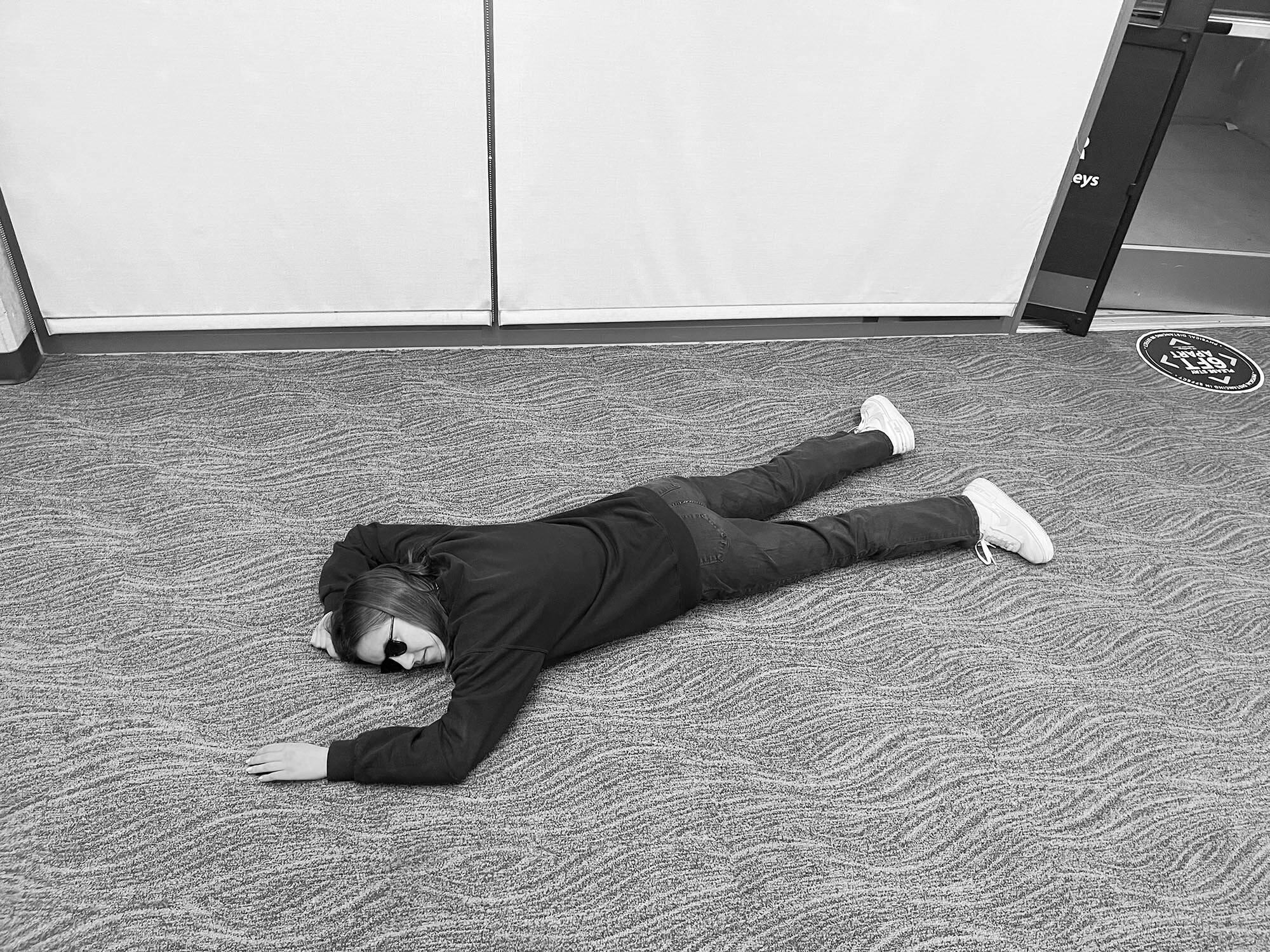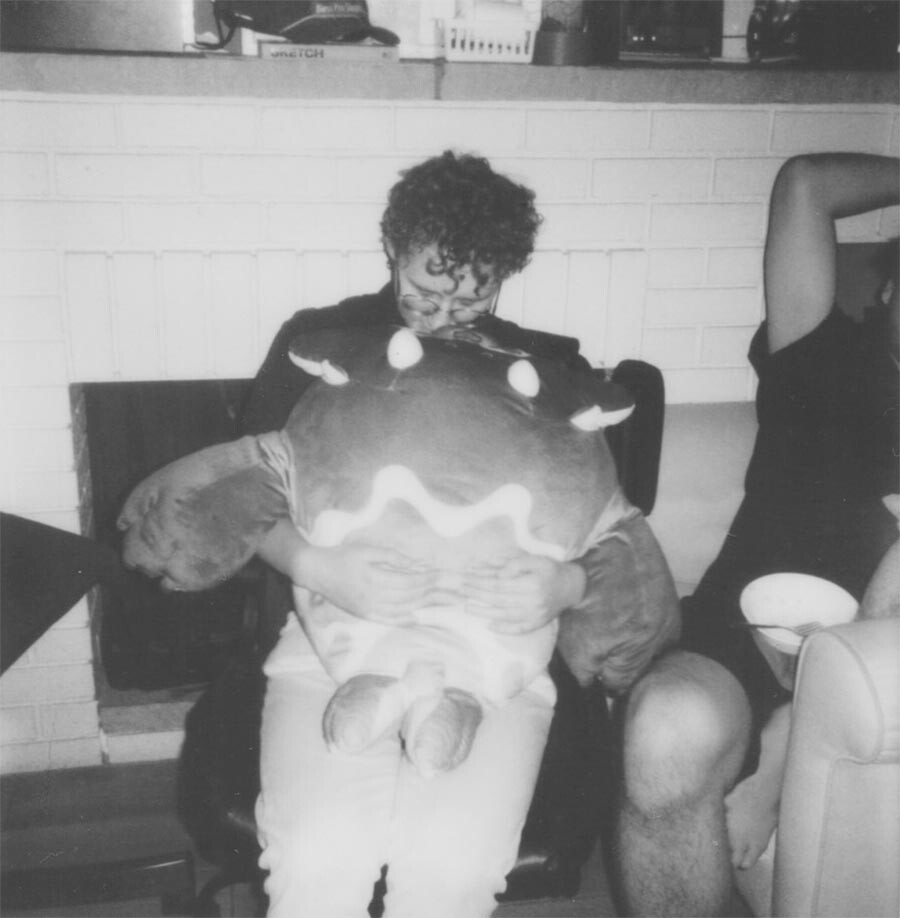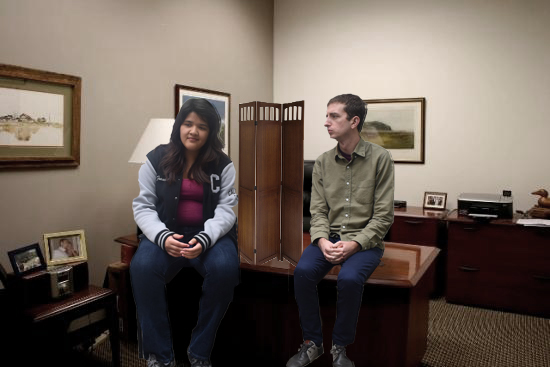
“Peace be with you,” said the professor. “And with your CAPE evals,” replied the student.
Photo by: Rene Mejia
Researchers announced on Wednesday that their extensive data on your history in MATH 20C has revealed that only an act of God could turn your grade around. This news was released after your midterm was graded and returned, as well as your action of sharing over Facebook that you are “going” to the Saturday night rager this weekend.
This study has been conducted over the course of the quarter, with researchers taking data ranging from your grades, to your study habits, to your late-night Ben & Jerry’s-and-crying-over-your-love-life sessions. The final results reveal that the former two factors were “less than spectacular” and the latter was “spectacularly entertaining.”
Upon conducting a statistical analysis of your actions this quarter, the UCSD social sciences department has concluded that the critical juncture that caused your grade in MATH 20C to plummet: you got drunk at Sun God instead of attending the Midterm 1 review session that Saturday. You reportedly could have managed a C+ at best if you had not binge-watched Sherlock Series Four instead of finishing the week six homework, but, from a realistic standpoint, researchers determined that things were unsalvageable at that point.
Some potential acts of God that scientists mentioned as being capable of allowing you to pass MATH 20C include: a fire tearing through campus and burning down all lecture halls, dorms, and coffee carts; the rapture of your professor and all administrators; and you developing responsible study skills. Other possible avenues of divine grade salvation are detailed in the formal research paper, pending publication in Psychology Today.
Professor Pullman, the senior researcher on the team, mentioned that she hopes their revolutionary methods will be noticed by their peers.
“Rather than use the conventional method of relying on self-reporting to take data,” Dr. Pullman specified, “I had some research assistants from my lab follow the participant around and record their movements, actions, and grades in real time. This ensured that there would be no incorrect data recorded out of shame or embarrassment, as often happens in this kind of study.”
Dr. Pullman also mentioned a desire to conduct a follow-up study on why exactly you allowed them to do that, and what kind of twisted person you must be to not study more under such close supervision.
When asked to comment on the state of your GPA following this quarter, your parents sobbed into the telephone and began to argue about who you take after. Researchers hope to use your example to model classic student failure in the future.
Written by: Jen Windsor





